SalivaDirect, a saliva-based COVID-19 test that was tested among players of the National Basketball Association (NBA), has been given emergency use authorization (EUA) by the US Food and Drug Administration (FDA). The test has been developed by researchers at the Yale School of Public Health and is being touted as a game changer for fast and easy COVID testing.
The EUA comes after Yale partnered with the NBA to study the efficacy of the saliva-based test. The Yale test was administered to a group that included NBA players and staff leading up to the league’s return to play in July – the results of the test were compared to conventional nasal swab tests that the same group received, alongside SalivaDirect. The results of the two tests displayed almost universal equivalency. The study has been published in the pre-print journal medRxiv and is not yet peer-reviewed.
The study was funded by a clinical research agreement with the NBA and the players’ union – the National Basketball Players Association (NDG) – which together, contributed over $500,000 to fund the Yale study.
The diagnostic test has some unique features, including a novel method of processing saliva samples to test for COVID-19 infection. Moreover, samples for the SalivaDirect test can be collected in any sterile container, and hence does not require any specific type of swab or collection vessel, making collection quick and easy.
SalivaDirect, “is simpler, less expensive and less invasive than the traditional method for such testing,” said Yale in a news release this past weekend.
Owing to its simplicity, the test can be used in labs everywhere, provided they go through required accreditation processes, said Nathan Grubaugh, an assistant professor of epidemiology at Yale and one of the senior authors on the study. Consumers “dribble saliva into a narrow tube. Depending on the proximity of the lab, consumers could get results back within a few hours – and definitely within 24 hours,” said Grubaugh in a statement to the sports network ESPN.
Cheap and Accessible
The test has been designed for widespread public screening at reduced cost. Grubaugh expects labs to charge about $10 per sample, and possibly even less.
An important feature of the test that contributes to its reduced cost is the fact that sample processing does not require a separate nucleic acid (RNA) extraction step. This is significant because shortages of RNA extraction kits have been a recurrent issue since the beginning of the pandemic. Instead of RNA extraction, the Yale test involves use of a reagent that when mixed with a saliva sample and heated for a short period of time, releases the viral genome for subsequent detection with PCR.
Having a test that requires less reagents and resources, such as the RNA extraction kits, increases capabilities for increased testing. The SalivaDirect methodology has been validated and authorized for use with different combinations of commonly used reagents and instruments, meaning the test could be used broadly in most high-complexity labs, according to a press release from the FDA.
“Providing this type of flexibility for processing saliva samples to test for COVID-19 infection is groundbreaking in terms of efficiency and avoiding shortages of crucial test components like reagents,” said FDA Commissioner Stephen M. Hahn, MD. “Today’s authorization is another example of the FDA working with test developers to bring the most innovative technology to market in an effort to ensure access to testing for all people in America.”
He said, “The FDA encourages test developers to work with the agency to create innovative, effective products to help address the COVID-19 pandemic and to increase capacity and efficiency in testing.”
Since the saliva sample is self-collected under the observation of a healthcare professional, it could also potentially lower risks posed to healthcare workers during collection.
Non-Proprietary Technology
Yale commented that SalivaDirect does not rely on proprietary technology, and so the study researchers do not intend to commercialize it. The researchers will provide protocols to other diagnostic laboratories that could use commercially available equipment to conduct the test, explained the FDA in its statement.
SalivaDirect is now the fifth saliva-based test that the FDA has authorized for COVID-19. Testing saliva forgoes the need for nasopharyngeal swabs, which have also seen significant shortages since the onset of the pandemic. Additionally, saliva testing is non-invasive and eliminates the discomfort associated with swabbing.
The first, and currently leading, COVID-19 saliva-based test was developed by researchers at Rutgers University, with the test having received FDA approval back in April. While the test is an ‘at-home’ test, samples must be specifically mailed to the RUCDR Infinite Biologics, a unit at the Rutgers Clinical Genomics Laboratory in New Jersey. Moreover, the test costs up to $150 for consumers, which can be reduced to $60 or $70 in some circumstances, said Andrew Brooks, an associate professor at Rutgers and chief operating officer of the Rutgers lab.
Yale’s test, however, can be used in most labs anywhere with implementation of the test-specific protocol, Grubaugh said.
And it is markedly cheaper than the Rutgers test. This is because in contrast to Yale’s SalivaDirect, Rutgers’ method requires nasopharyngeal swabs and RNA extraction kits. While Brooks and Grubaugh agree that extraction makes for a “clearer and more certain result,” and that Yale’s test “loses a little bit of sensitivity,” Grubaugh says, “what we gain is speed, and that it should be up to ten times cheaper.”
Yale-NBA Partnership
The Yale-NBA partnership budded in early April, when Grubaugh and his team at Yale published preliminary research showing that saliva tests conducted on coronavirus patients and health care workers were as accurate as nasal swab tests.
At the time, office officials and sports scientists in the NBA were hunting for possible testing options that were fast, cheap and accessible. At the same time, they were aware of the criticism that the league had received for having had easy access to tests for athletes at the beginning of the pandemic – with this in mind, they also vouched to do something for broader public interest.
One team official – Robby Sikka, vice president of basketball performance and technology for the Minnesota Timberwolves – came across Yale’s paper and emailed Grubaugh.
“We had a lot of strange requests, but this one was at the top,” Grubaugh told ESPN. “I saw Timberwolves in the subject line and said, ‘What the heck?’”
The two connected and the research quickly reached NBA senior vice president David Weiss, the league’s point person for coronavirus response.
The Yale lab at the time did not have its own test – it had used previously existing tests to assess the accuracy of saliva testing. According to ESPN, Sikka and the league pitched the idea of building one, and the NBA and players’ union offered to fund it.
Grubaugh admitted that he was hesitant. “We do research. We are not developers of diagnostics. But this was an opportunity. They were willing to fund it. This is a crazy time for everyone anyway. I studied mosquitoes before this,” he said.
“My goal is not to test athletes,” Grubaugh said. “That’s not my target population. My target population is everybody. There were concerns about partnering with the NBA when all these other people need testing. But the simple answer ended up being the NBA was going to do all this testing anyway, so why not partner with them and try to create something for everyone?”
Several NBA teams have been using the Rutgers test since June. The samples are flown to the Rutgers lab in New Jersey, among a few other labs that have approval for administering the test – this adds time and cost but results are usually available within 24 – 48 hours.
The NBA has been testing players daily in the designated Disney ‘bubble’ in Orlando, Florida, where the NBA playoffs kicked off this week after 22 teams played eight regular season seeding games at the site. The league was one of the first sports organizations that went into lockdown in March due to the COVID-19 pandemic.
So far, no NBA player or staff member has tested positive for the coronavirus.
According to ESPN, Yale and the NBA have already spoken to a national lab company about using robotic technology to speed up the processing of tests. In addition, both groups are interested in the potential of pool saliva testing in which samples from several individuals are testing simultaneously – any positive result from a pool would then require individual testing. Last month, the FDA approved a pooled test for COVID-19 developed by Quest Diagnostics.
“Through some miracle, this is working,” Grubaugh said. “It’s sensitive. It’s cheap. And now it’s getting approval. I’m not quite sure how we ended up here from April.”
Testing NBA players within the Disney/Orlando bubble has allowed for testing under relatively controlled circumstances.
The Yale-NBA partnership is reflective of some of the unique, interdisciplinary initiatives and relationships that the coronavirus pandemic has fostered in many instances – this has included beer manufacturers using their distilleries to make hand sanitizers, car makers converting their assembly lines for the production of respirators and even rival pharma companies coming together to develop and test vaccine candidates. These unique and unified efforts may almost be as unprecedented as the modern-day pandemic itself. They have been a positive element during these challenging times and could serve as models for future interdisciplinary partnerships.

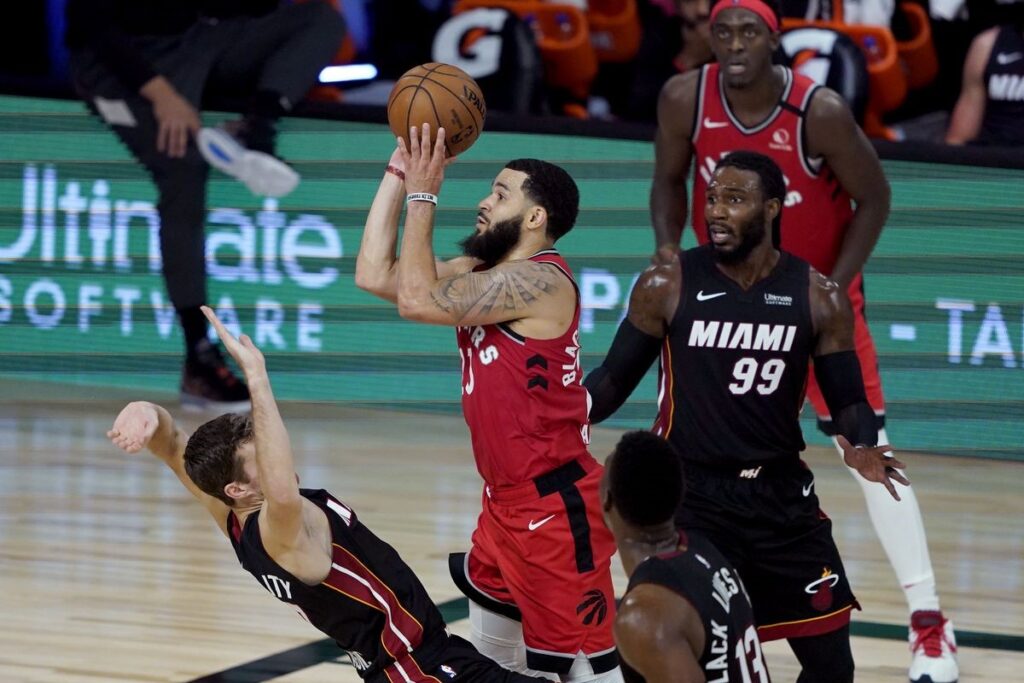
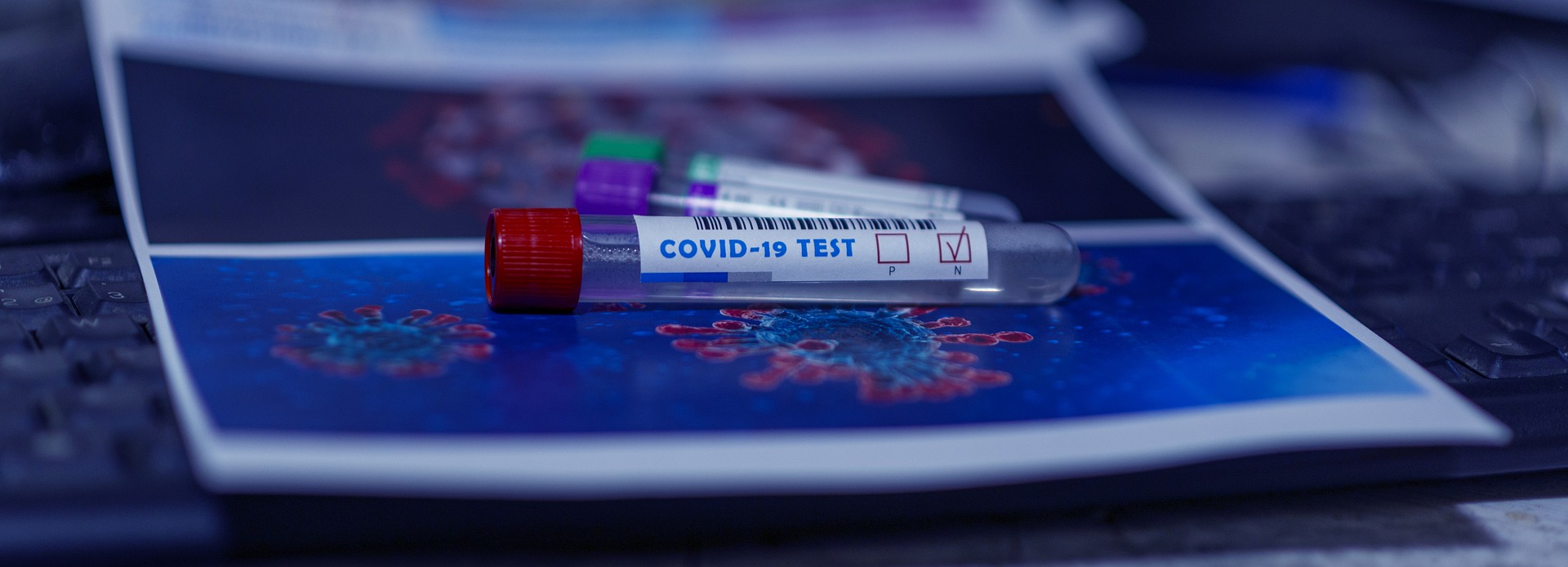
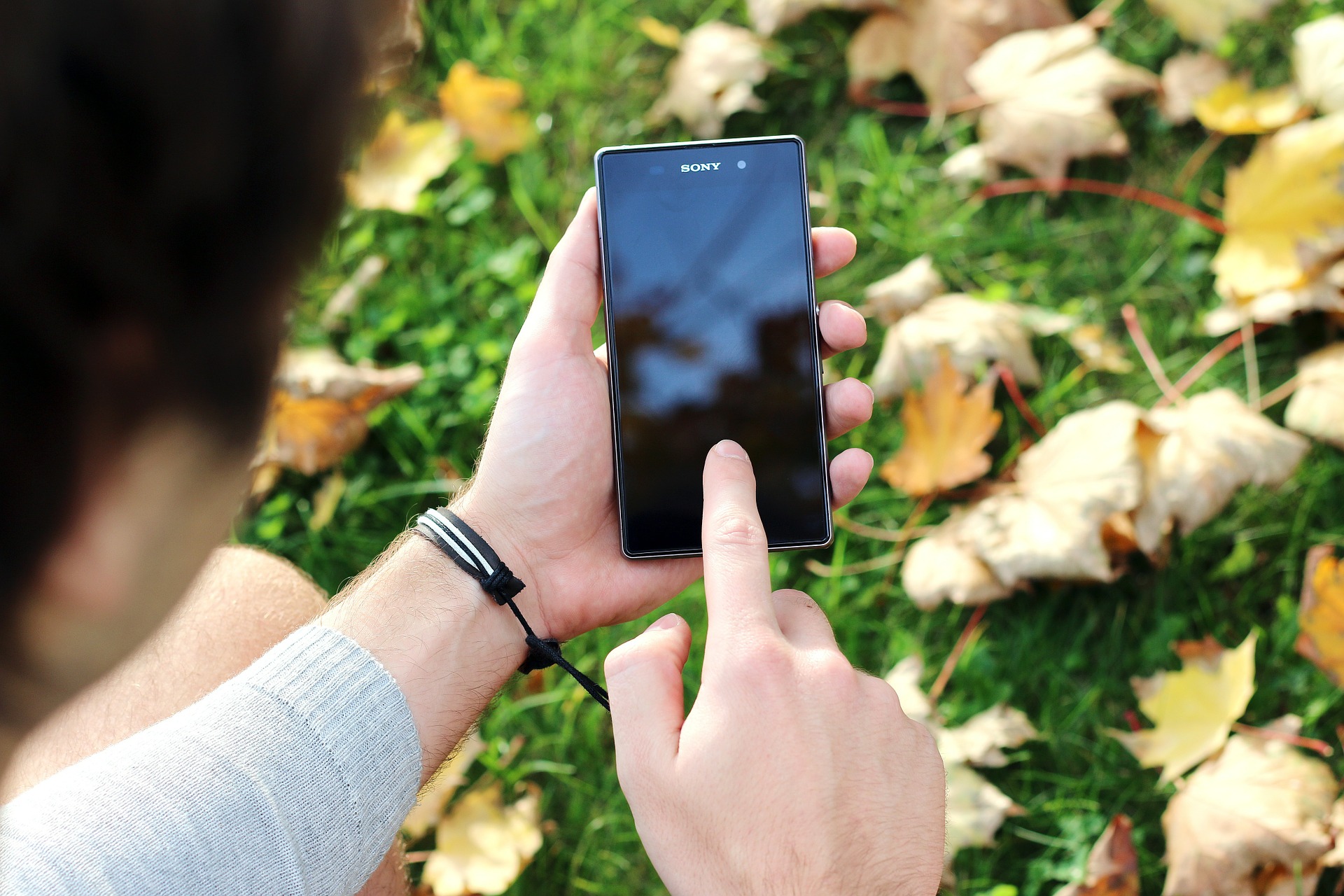
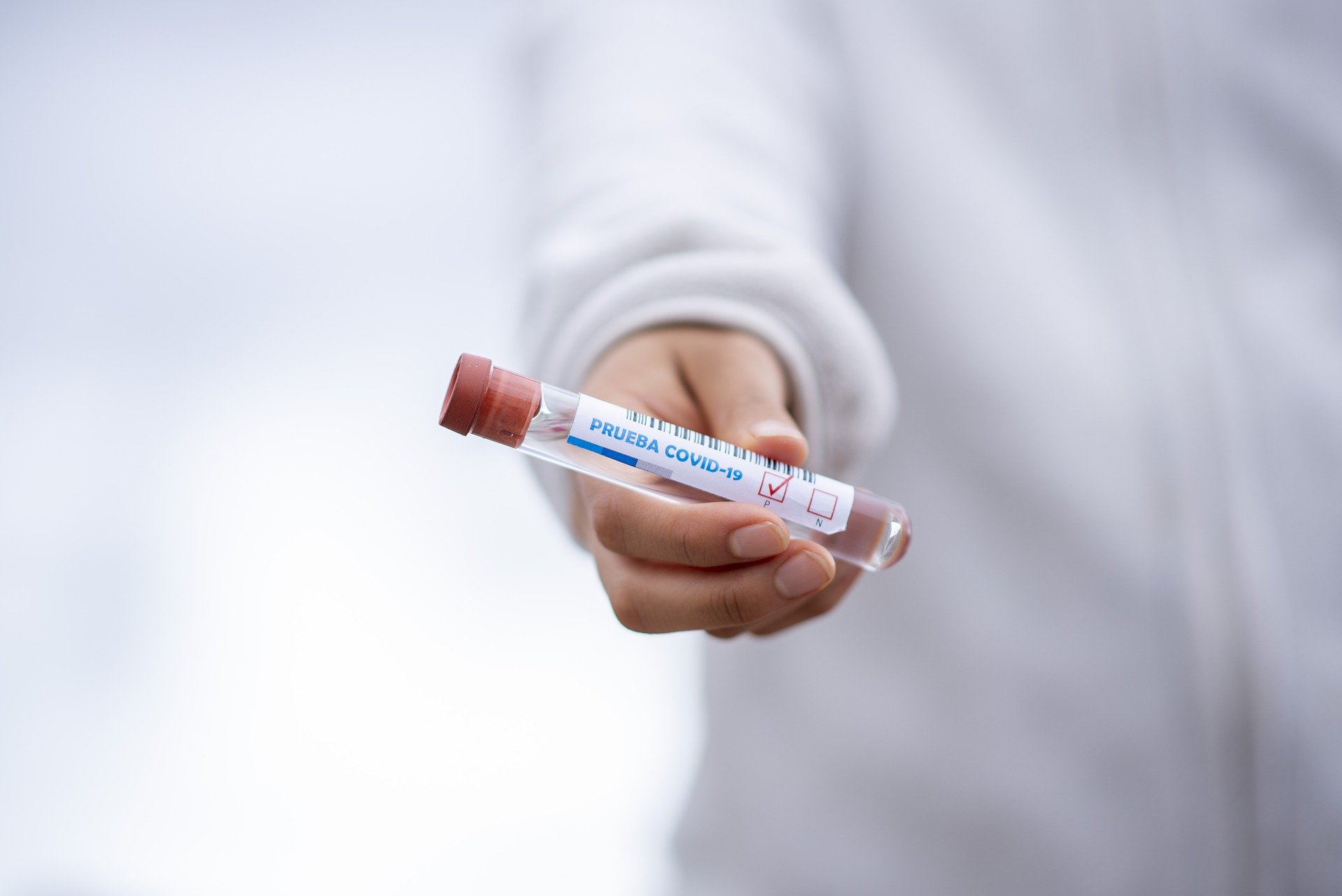
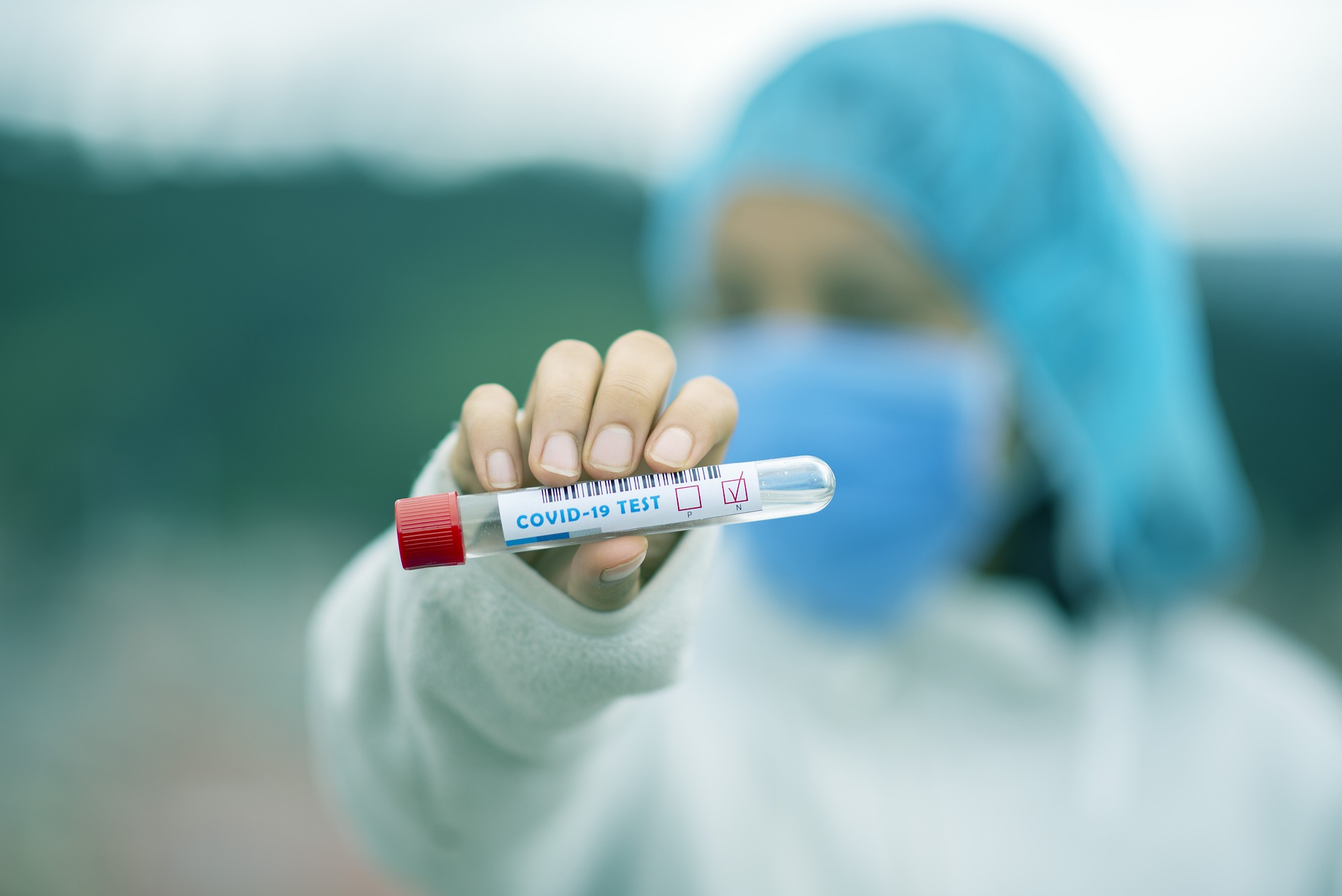
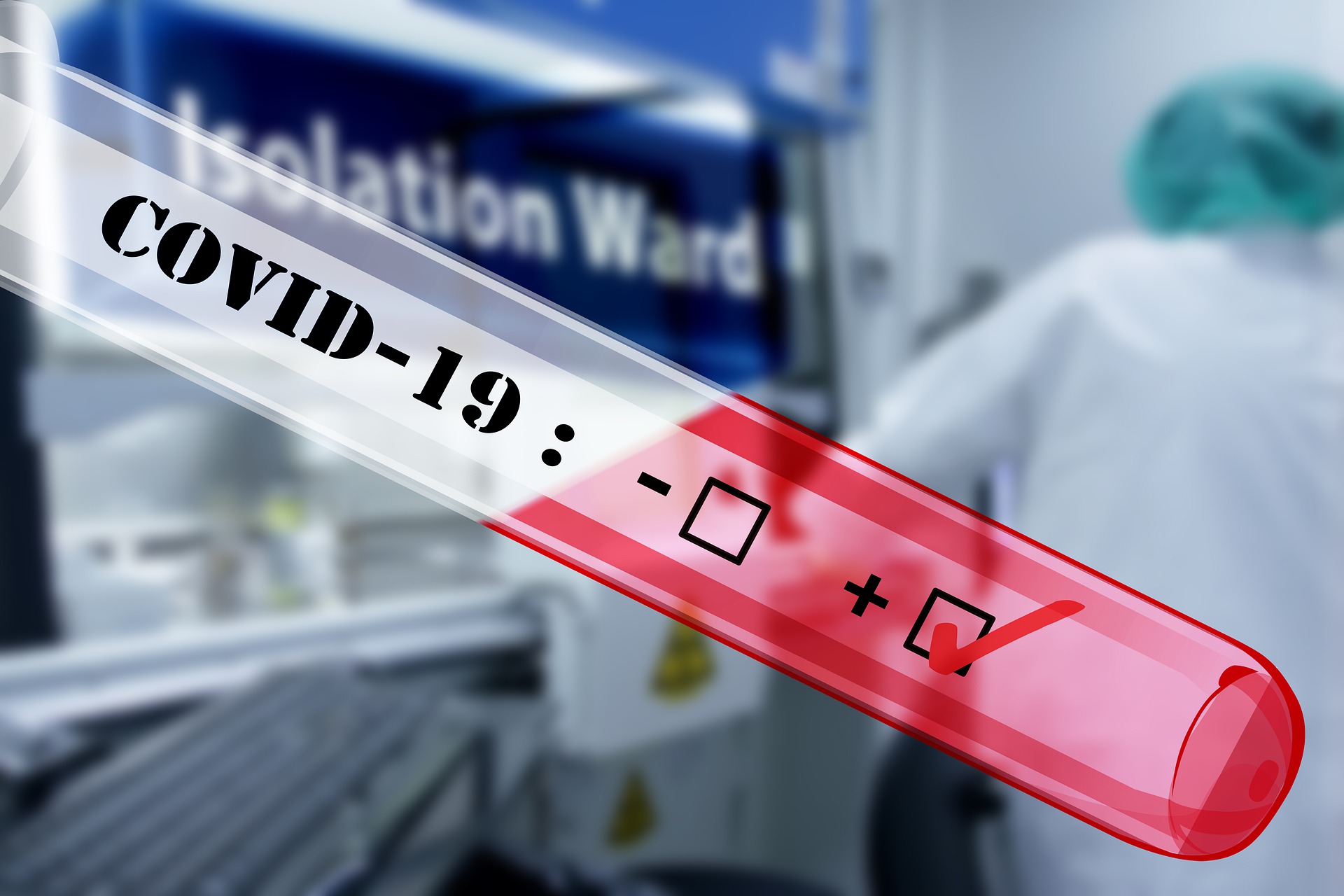




Join or login to leave a comment
JOIN LOGIN